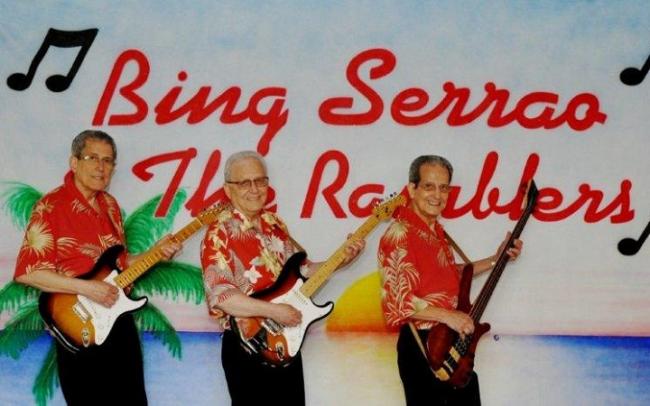On Saturday,June 9th, here in Brooklyn, New York, what the Guyana Cultural Association of New York Inc.
On Saturday,June 9th, here in Brooklyn, New York, what the Guyana Cultural Association of New York Inc. (GCA)promoted as a “Literary Hang” at the Flatbush Reformed Church, could have been equally called an evening of emigrant nostalgia. Twenty Guyanese writers and publishers, in addition to three Americans, presented and discussed excerpts from their published and unpublished books, based largely on memories of, and experiences in, Guyana and beyond. Through different perspectives they addressed not only the conflicts between virtues and vices, manifestations of cultural and individual prejudices, but cultural and interpersonal conflicts, traditional humour and its significance, survival and development issues, class values, attitudes, behavior, sexual intransigence, stages of drunkenness, family choices and conflicts, emigration’s costs and benefits, the value of and disappointment in Guyana, etc.
Of striking contrasts were the presentations of Henry Muttoo and Angela Massiah. Like Massiah, Muttoo’s book is in the process of publishing. But while Muttoo’s main character in his novel, a frustrated coarse grassroots man, addresses Guyanese race relations, politics, frustrations, and development pessimistically, Massiah investigates how as a middle-class 12-year-old city girl in Guyana in 1969 she could not understand why a white 22-year-old American VSO perplexed at the inter-racial/inter-ethnic bonding in her community. Neither could he have understood why no one looked-up at him because of his colour but kept enquiring about or reminding him of his paleness. But she understood that only when she emigrated to the US in 1982 and witnessed the width and depth of ideological racism. She realized then that the American society was compartmentalized according to race and skin colour. That is why the rate of development of Caribbean people in the US tended to be faster than black Americans in spite of the facilities. She contends that Caribbean people have largely escaped the psychological damage of ideological racism whose impact is largely underestimated.
Among other striking readings, were those by Muriel Glasgow and Yvonne Mc Callum Peters whose works questioned ideas and concepts they learnt through the colonial education system. Glasgow in particular sought to promote different ways of exciting the imagination of children from as early as kindergarten that they will grow up as big thinkers, enquirers and innovators.
Of the 23 presentations, divided into 2 round tables and 2 sets of readings which lasted less than 5hrs, 19 were from published works. Of the other presentations, two were essentially introductions to Eusi Kwayana’s soon to be released “Post Emancipation Villages in Guyana Making World History” and Peter Halder’s “The Cat of Muritaro” (also soon to be released) which is a narrative of Guyanese ghost stories.
The core focus of this sixth annual hang by the GCA was on the technological changes in the literary industry, the challenges of and opportunities for self-publishing. The invitation was opened to all Guyanese poets, novelists, short story writers, dramatists, essayists, lyricists and graphic artists. Cook books, travelogues, scholarly texts, newspapers, news magazines and newsletters were allowed. The panelists and audience were dominated by middle-aged Guyanese professionals and academics, especially long-standing educators.”Literary Hang” which is developing into an institution has been the initiative of Dr. Juliet Emanuel.





